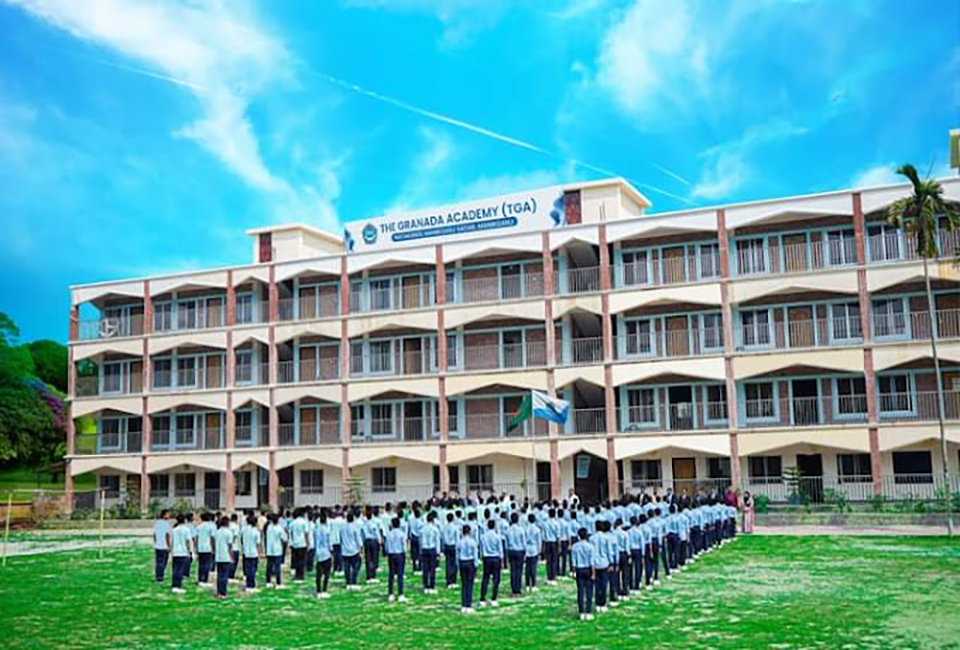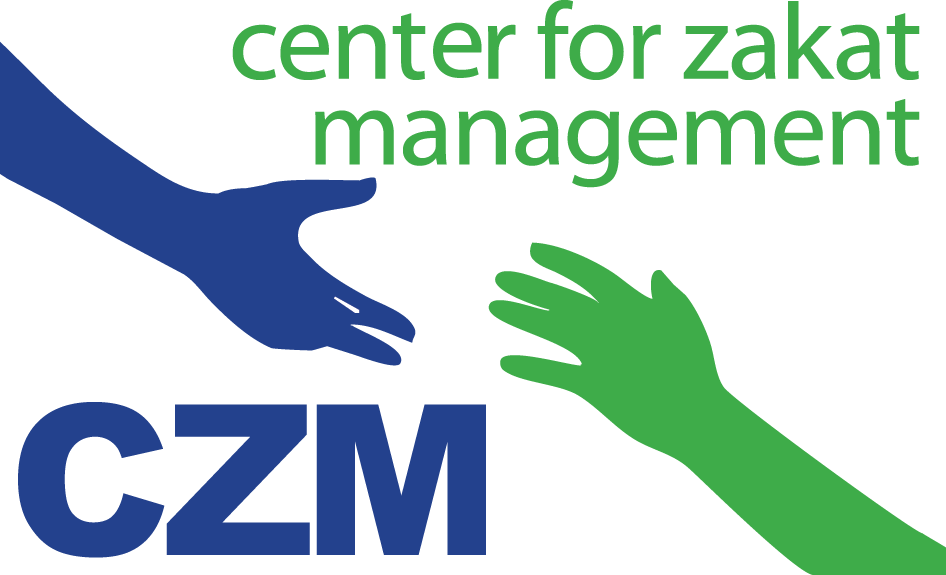 +8801769005360
+8801769005360  [email protected]
[email protected]

History of Our Institute
The Granada Academy: The Beginning of an Educational Revolution
Founded in 2020, The Granada Academy marks the dawn of a new horizon in the education sector of Bangladesh. This educational institution is a priceless gift for underprivileged students, providing them not only with traditional education but also with opportunities for a better quality of life and societal contribution. It was established by the Center for Zakat Management (CZM), an organization that has been working for the welfare of the marginalized and underprivileged communities for many years.
The Purpose and Mission
The primary goal behind the establishment of The Granada Academy was to provide quality education and a better standard of living for underprivileged and impoverished children. The academy's mission was to offer these children access to education, nutritious food, and a conducive environment to grow and thrive. Through this initiative, CZM sought to spark a revolution in the education system—one where every child, regardless of financial or social barriers, could realize their full potential.
Modern Infrastructure
The Granada Academy has built a state-of-the-art infrastructure for the purpose of imparting quality education. The school is equipped with modern classrooms where students can engage in learning through innovative and creative methods. Additionally, there is a science lab that provides hands-on learning experiences in various scientific fields. The academy also boasts an ICT lab that plays a key role in developing students' digital skills—an essential aspect of education in today’s world.
Furthermore, the academy includes a mosque, ensuring that students not only receive academic education but also have the opportunity for spiritual development. The school also provides clean and nutritious meals, ensuring that students maintain both physical and mental well-being. The sports field allows for various physical activities, promoting the overall health and fitness of the students.
Initiatives beyond Education
The Granada Academy is not just limited to academic learning; it places a strong emphasis on the social and cultural development of its students. Through various cultural programs, sports competitions, and community service activities, the school cultivates leadership, empathy, and teamwork in students. These experiences equip students with the skills necessary to thrive in their future endeavors, both personally and professionally.
Vision for the Future
Since its establishment, The Granada Academy has achieved remarkable success, yet the institution has no intention of stopping here. Its future goal is to reach even more underprivileged children, providing them with educational opportunities, and creating a more developed society where every child can fully realize their potential.
The Granada Academy has emerged as a model of education, nutrition, and overall development. It is not just a school, but the birth of a new consciousness, one that will lead our society toward greater prosperity and advancement.
.png)
